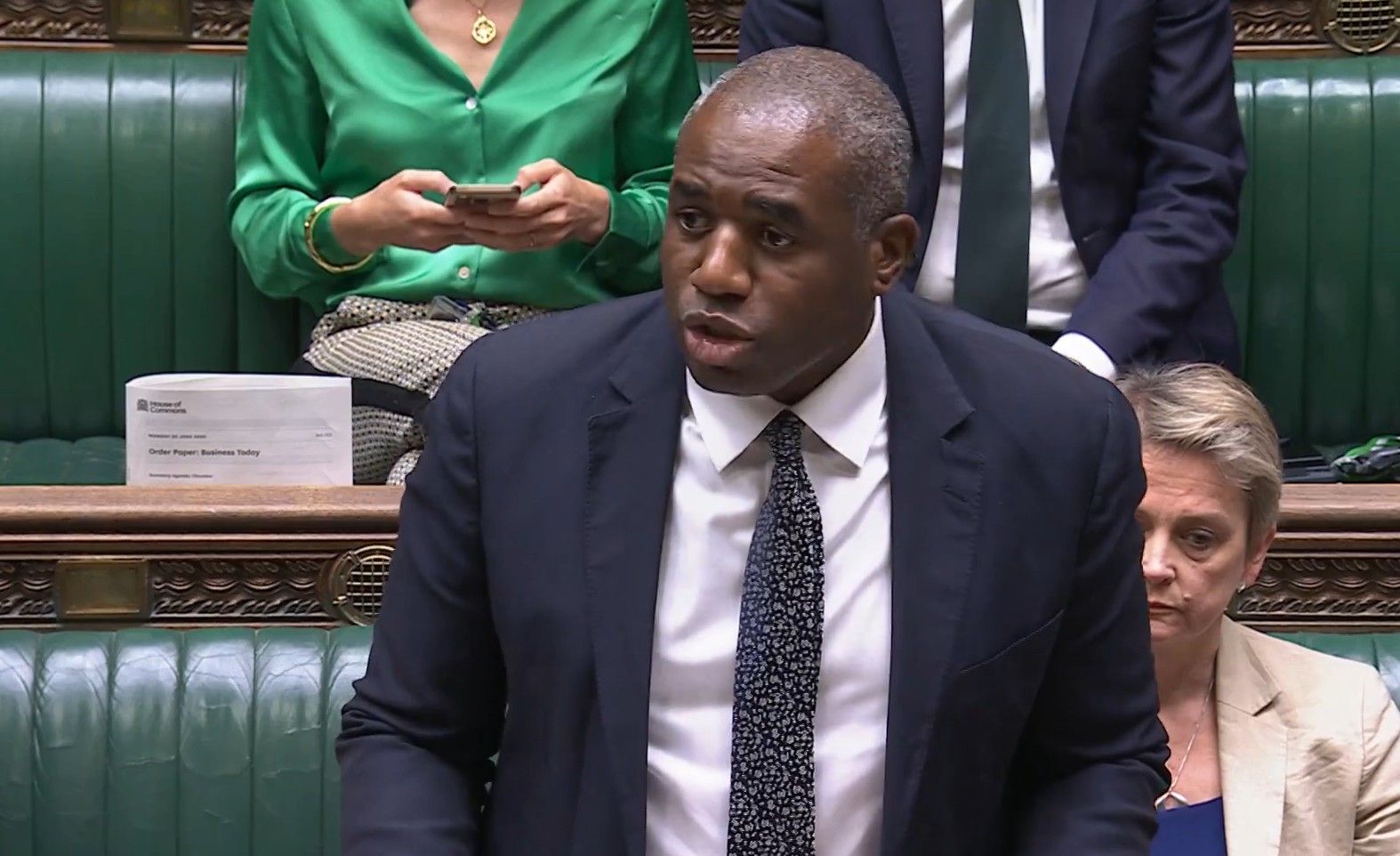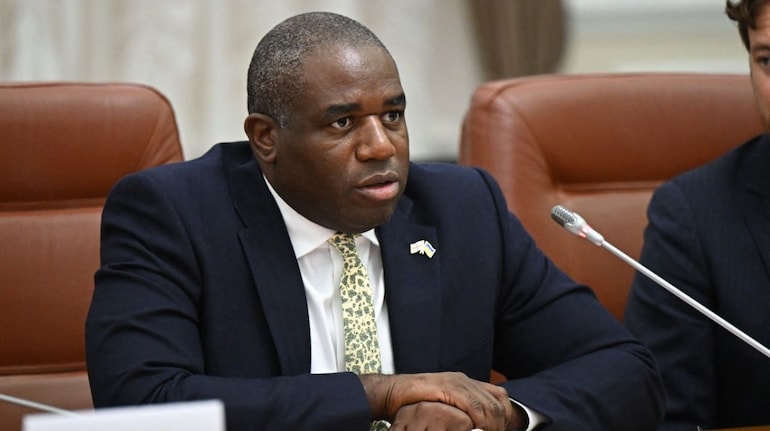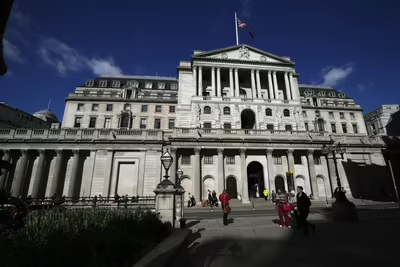Introduction
As the geopolitical tension between Iran, Israel, and the United States reaches new highs, UK Middle East policy Foreign Secretary David Lammy has declared that Britain is prepared to defend its interests in the Middle East. Addressing MPs in the House of Commons, Lammy emphasized that “force protection” has reached its highest level amid escalating hostilities in the region.
UK’s Military Readiness and Deployment

The UK has already increased its military presence in the region, deploying additional RAF Typhoon jets and air-to-air refuelers as a contingency measure. Lammy made it clear that Britain is poised to protect its personnel, assets, and those of its allies in the event of further escalation.
“Be in no doubt,” Lammy stated, “we are prepared to defend our personnel, our assets and those of our allies and partners.”
Context: Rising Iran-US-Israel Tensions
On Saturday night, US President Donald Trump announced airstrikes that “totally obliterated” three Iranian nuclear facilities, heightening fears of a broader regional conflict. Iran has vowed retaliation, prompting global concerns over the Strait of Hormuz and wider military engagement in the Middle East UK Middle East policy.
While Lammy affirmed that the UK was not involved in the strikes, he did not clarify whether the British government supported the US actions UK Middle East policy. “The legality of the US bombing of Iran’s nuclear programme is a matter for the Trump administration,” he said, carefully avoiding direct support or condemnation.

Evacuations and Civilian Protection
In a display of precautionary action, an RAF aircraft evacuated 63 British nationals from Tel Aviv to Cyprus, from where they will be returned to the UK Middle East policy. Lammy confirmed that at least one British national had been injured during Iranian missile attacks in Israel. He also issued a shelter-in-place warning for UK citizens in Qatar due to a “credible threat” near the US-run Coalition Air Operations Centre at Al-Udaid.
Diplomacy vs. Escalation
Throughout his statements, Lammy reiterated the importance of de-escalation and diplomacy. He urged Iran to resume negotiations with the United States and warned that retaliatory action such as closing the Strait of Hormuz would be a “catastrophic mistake.”
“Strikes cannot destroy the knowledge Iran has acquired over several decades, nor any regime ambition to deploy that knowledge to build a nuclear weapon,” Lammy noted, acknowledging that airstrikes alone cannot dismantle Iran’s nuclear capability.
Political Reactions and Criticism
The UK government’s measured stance has drawn fire from both sides of the political aisle. Shadow Foreign Secretary Priti Patel criticized Labour for avoiding a clear stance, saying, “The British public deserve to know if their government supports degrading the threat of Iran.”
On the other side, Liberal Democrat foreign affairs spokesperson Calum Miller condemned the US and Israeli actions as a “might is right” approach, warning it could lead to a “full-scale regional war” and undermines the international rules-based order.
Strait of Hormuz: A Flashpoint
The strategic Strait of Hormuz remains a key concern, as a closure could severely disrupt global oil supply. Both the US and UK have heightened naval and aerial surveillance in the region to counter potential threats. The UK has echoed US concerns while simultaneously advocating for a diplomatic off-ramp.

Conclusion
As the Middle East stands at the brink of wider conflict, the UK’s role remains cautious yet militarily alert. Foreign Secretary David Lammy’s remarks reflect a careful balance between alliance with the US and a desire to avoid full-scale regional war. Whether diplomacy will prevail over escalation remains uncertain, but the UK appears committed to defending its interests and citizens while advocating for peace.
Stay updated with Latest Middle East Conflict Updates.
External References
Image










